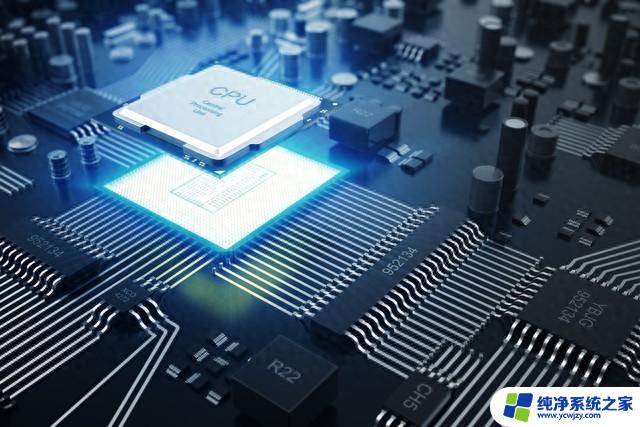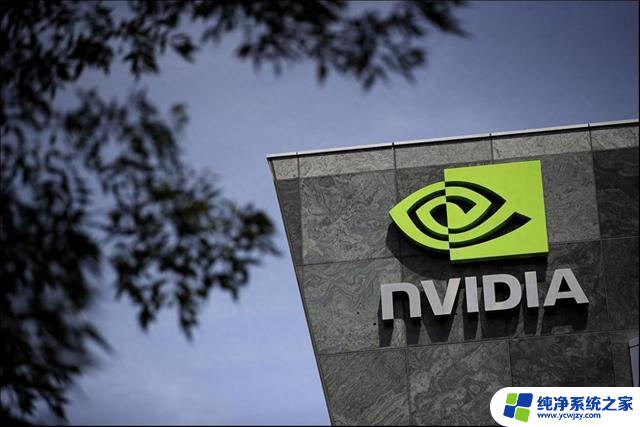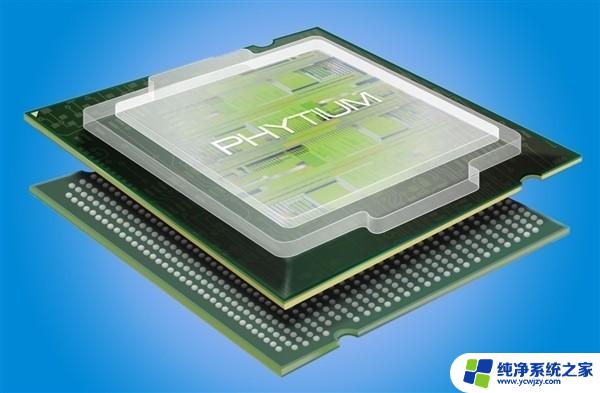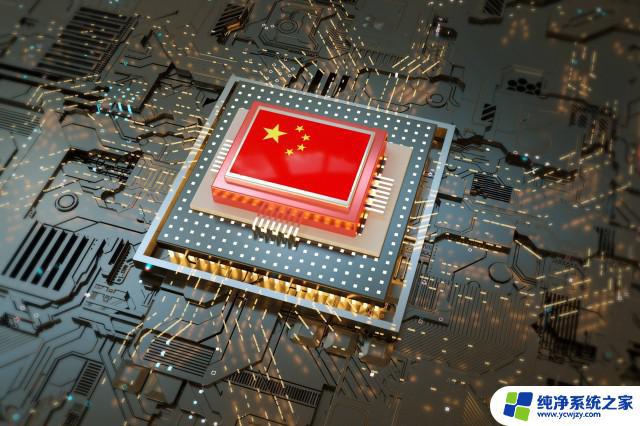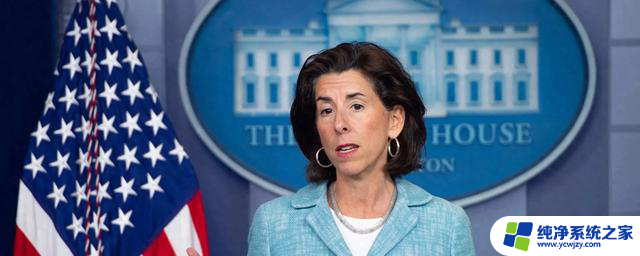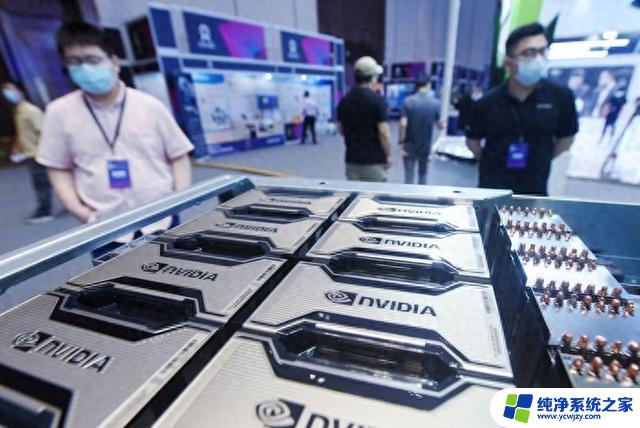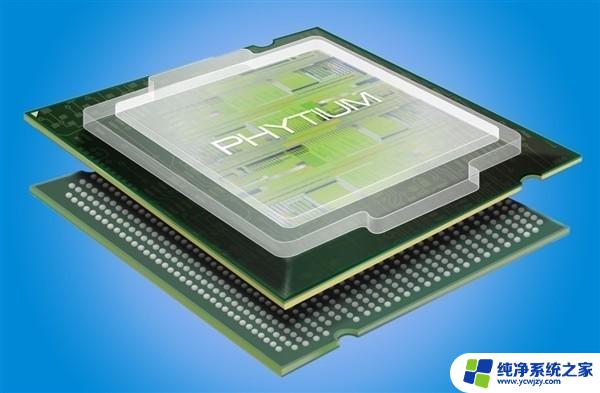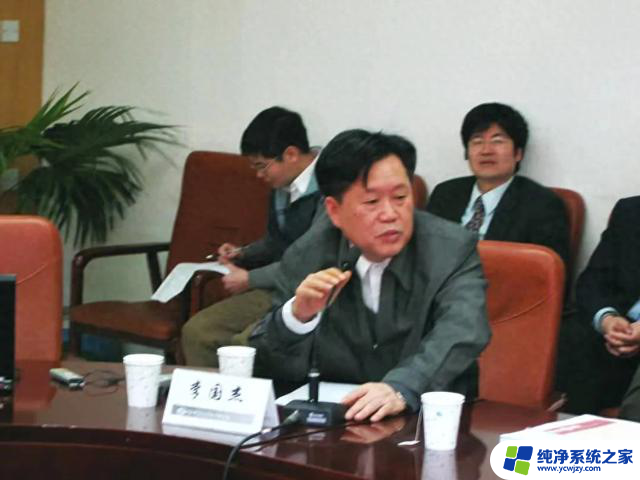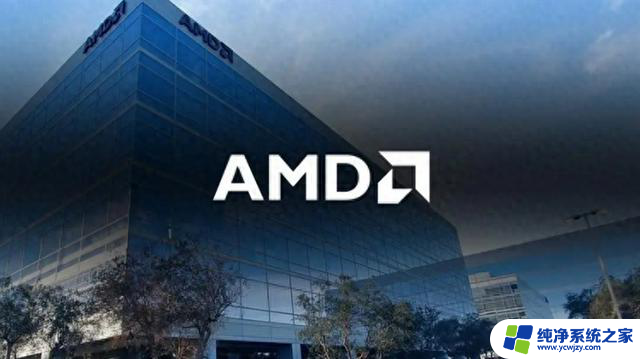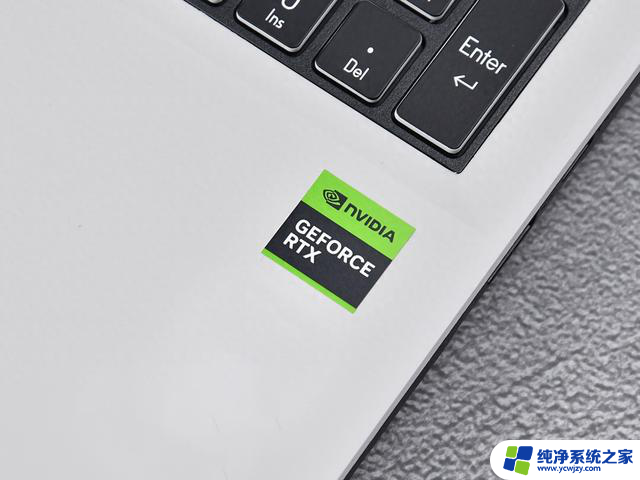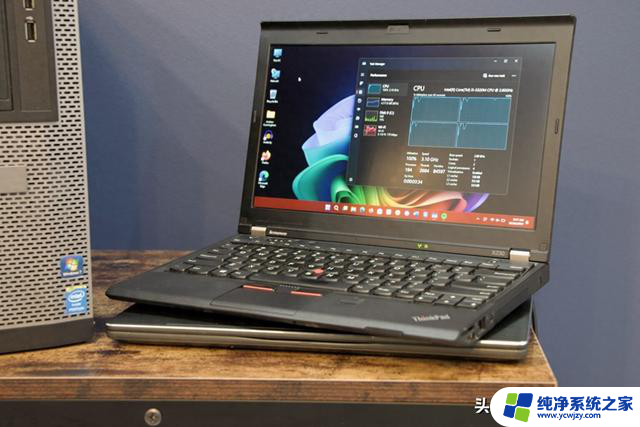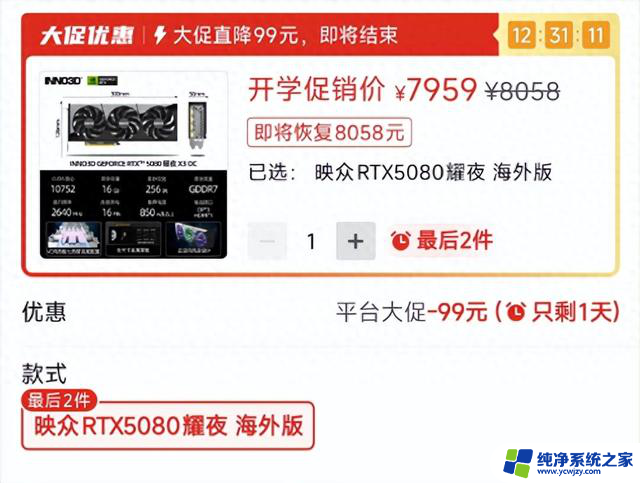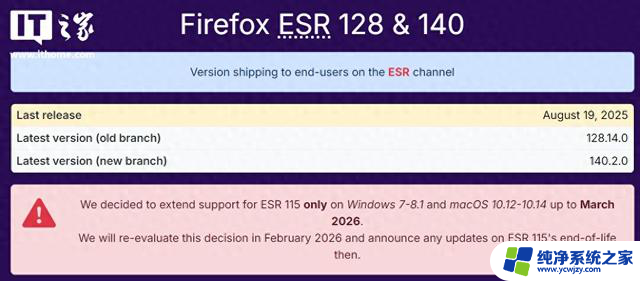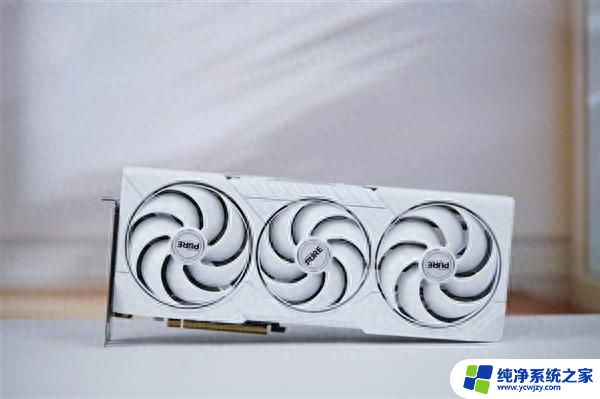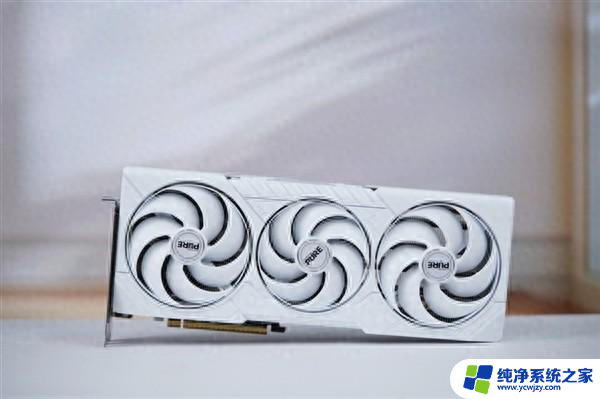Nvidia创始人呼吁在美国芯片出口管制中取得国家安全和技术繁荣的平衡
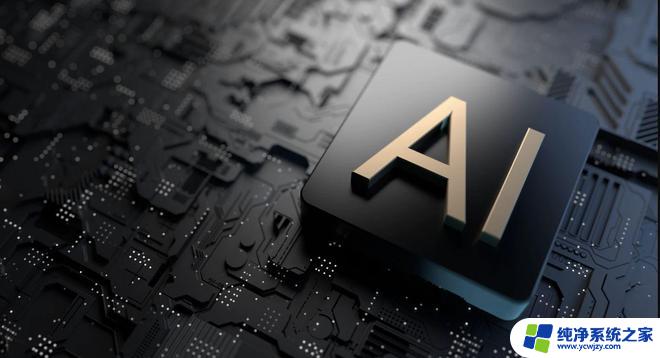
He stressed that the responsibility for crafting these policies lies with the U.S. administration and it must find a balance between national security and the global prosperity of American technology.
In his remarks, Huang underscored that Nvidia is an American company and that both the government and administration wish to see it succeed.
"We have to defer all of the policy making to the administration. They understand that the balancing national security versus the prosperity of American technology all over the world, we're exporting American technology, which is really terrific for the United States, that the world is built on American standards," he noted.
The discussion comes in the wake of new regulations introduced by the U.S. Department of Commerce's Bureau of Industry and Security (BIS) on October 17, 2023. These regulations impose stricter export controls on semiconductor products, including Nvidia's high-performance AI chips. Notably, the bans took effect on October 23, 2022, affecting products such as the A800, H800, and L40S AI chips, as indicated in Nvidia's filings with the U.S. Securities and Exchange Commission (SEC).
By the end of 2023, Nvidia plans to supply a customized H20 product to the Chinese market, having previously shipped A800 and H800 models to comply with U.S. export controls.
Currently, Nvidia holds over 90% of the global AI computing chip market and more than 98% in the training chip sector, making its products essential for AI model enterprises in China and elsewhere.
However, the intensified U.S. export restrictions have had a significant impact on Nvidia's revenue from Chinese clients. This share has dropped from 19% in fiscal year 2023 to a single-digit percentage in fiscal year 2024. Reports indicate that the Chinese market is important for Nvidia, contributing approximately 12% of its revenue (around $3.7 billion) in the second quarter of fiscal year 2025, which reflects a year-on-year increase of over 30%.
During the August earnings call, Nvidia CFO Colette Kress highlighted that the company experienced a sequential increase in revenue from its data center business in China, confirming that the Chinese market continues to be a vital contributor. However, she noted that its share has fallen compared to pre-export control levels, indicating increased competition in the region.
Speculation has arisen regarding Nvidia's custom H20 chips, with reports that some manufacturers have been unable to place orders due to exceeding the annual shipment expectations of approximately 400,000 units. Nvidia has refrained from commenting on these rumors.
Nvidia's latest financial results show impressive growth, with revenues reaching $30 billion in the second quarter of fiscal year 2025, marking a staggering 122% increase year-on-year, while net profit soared to $16.6 billion, a 168% surge. Notably, revenue from the data center segment grew by 154%, contributing nearly 88% to the company's overall revenue.
Looking ahead, market analysts from TrendForce predict that nearly 90% of Nvidia's GPU product line will belong to the Hopper platform, including H100, H200, H20, and GH200 models, specifically targeting high-performance computing applications in AI. The H200 GPU is expected to become a primary product for Nvidia after the third quarter of 2024.
In addition to discussing export controls, Huang also addressed the increasing demand for renewable energy in data centers, suggesting that nuclear energy could play a significant role. "Nuclear is a wonderful way forward as one of the sources of energy, one of the sources of sustainable energy. It won't be the only one. We're gonna need energy from all sources and balance the availability and the cost of energy, as well as the sustainability over time," he said.
Huang reaffirmed Nvidia's commitment to fully complying with U.S. trade regulations while pointing out the globalized nature of the semiconductor supply chain. He noted that American chip manufacturers are still a decade or two away from achieving supply chain independence.
